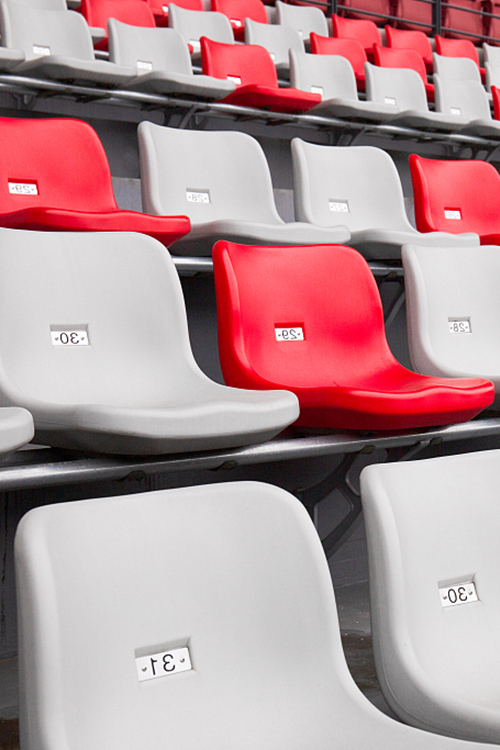
WHAT IS RELIABILITY?
Why is it important?
Both product’s manufacturer and consumer have become much more demanding about product reliability nowadays than they were a few years ago. Why? Because they know that they can get it!
Who Gains From Good Reliability?
Manufacturer – because his product has additional customer appeal, through higher quality, faster service, lower support cost.
Customer – because the equipment that he buys is easier and less costly to support, has lower down-time and higher availability.
Reliability - Related Costs
Reliability related costs are all those costs resulting from product field failures or perceived failures from the time of shipment over the whole product life cycle. They include warranty costs and the opportunity cost of lost customers.
Improvements in reliability made by the supplier early in the equipment life cycle may result in total life cycle costs reduction thanks to significant decreasing of Maintenance and Inventory Costs.
What must be done to have reliable products?
Check your problems and you will understand why you need us.
The following are the major elements required to provide a highly reliable product:
• Quantitative assessments of Product Reliability must focus on identification and timely elimination of Design and Processing deficiencies that degrade product performance and operating life expectancy.
• Communication channels with your customers must be open and formalized to capture their detailed comments related to product failures.
• A well-conceived failure database of product field failure modes supported by analysis of their root causes is fundamental to corrective action and improvement.
• Reliability must be designed into products and be included in all aspects of business. The design and development engineering team should take the primary responsibility of your company’s product reliability. Formal product development processes and good project management practices are required.
• Your procurement group must drive supplier quality and reliability through partnering.
• Manufacturing has to use modern quality control methods to ensure that components and the whole systems are produced according to specification with negligible variation.